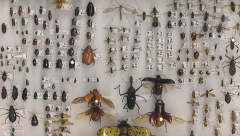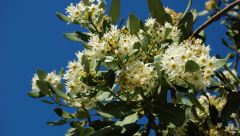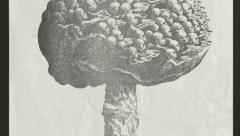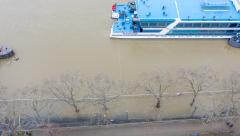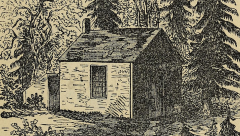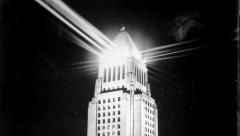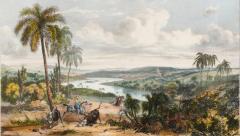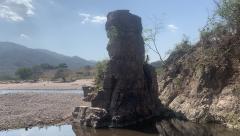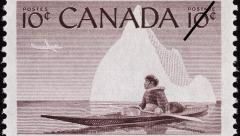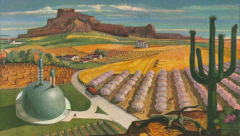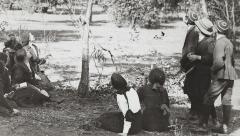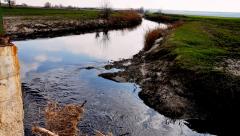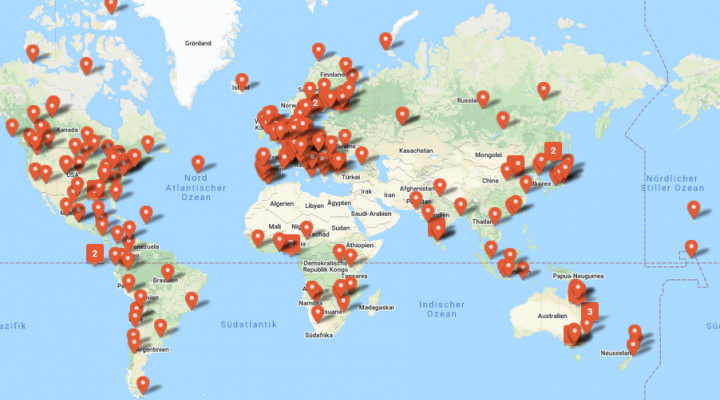About this collection
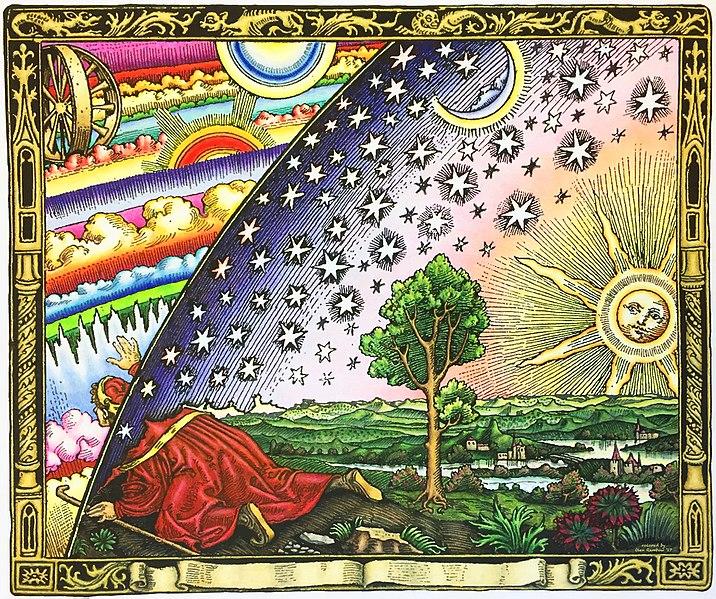
The Flammarion engraving.
The Flammarion engraving.
Unknown engraver, nineteenth century.
Colorized by Houston Physicist, 2017.
Accessed via Wikimedia on 16 August 2022. Click here to view source.
 This work is licensed under a Creative Commons Attribution-ShareAlike 4.0 International License.
This work is licensed under a Creative Commons Attribution-ShareAlike 4.0 International License.
Environmental history emerged as a corrective measure against the historiographical tendency to emphasize human ideas at the expense of material and nonhuman factors. Nevertheless, early environmental history, such as the works by Donald Worster and Carolyn Merchant, stressed how attitudes towards nature not only affect our way of treating the environment but also have a history of their own. J. Donald Hughes therefore classed the history of ideas as one of the main themes in environmental history.
All environmental historians are aware of the role that the very concepts of nature, wilderness, and the frontier have played in history, especially in the United States, but the role of ideas does not stop there. The thematic collection Notions and Nature therefore focuses on ideas, cultural patterns, concepts, discourses, imaginaries, ideologies, and written works that in different ways play a role in human–environment interaction all over the world. The collection makes use of a broad understanding of ideas and also welcomes submissions on environmental psychology, cognition, and neurohistory.
To make sure that the realm of ideas does not obscure the material conditions in which it exists, and to comply the with the guidelines of Arcadia, submissions must be tied to an event in environmental history—i.e., a specific place at a specific time. Contributors are encouraged to reflect upon the two-way interaction between ideas and the material environment. E.g., did a specific notion or belief change the way humans, for better or worse, acted upon a specific place? Were human ideas affected or created by the discovery of a new environment? And vice versa.
Considering the above, submissions can cover—but are not limited to—topics such as:
Concepts related to the environment • Utopias, plans, and visions • Assumptions about nature • The relation between written works and specific environments • Myths and misconceptions • The beginning or impact of intellectual environmentalist movements • Idealist and materialist stances toward place • Environmental philosophy • The impact on the environment of ideas and imaginaries • Environmental ideas in symbols, semiotics, and artworks • Ideological uses of nature • Environmental implications of epistemological shifts • The relation between environments and cognition and/or mental health • Different epistemological or ontological conceptions of the natural world
Notions and Nature is curated by Jonatan Palmblad at the Rachel Carson Center for Environment & Society.
To submit, please download the guidelines form at the bottom of this page.


